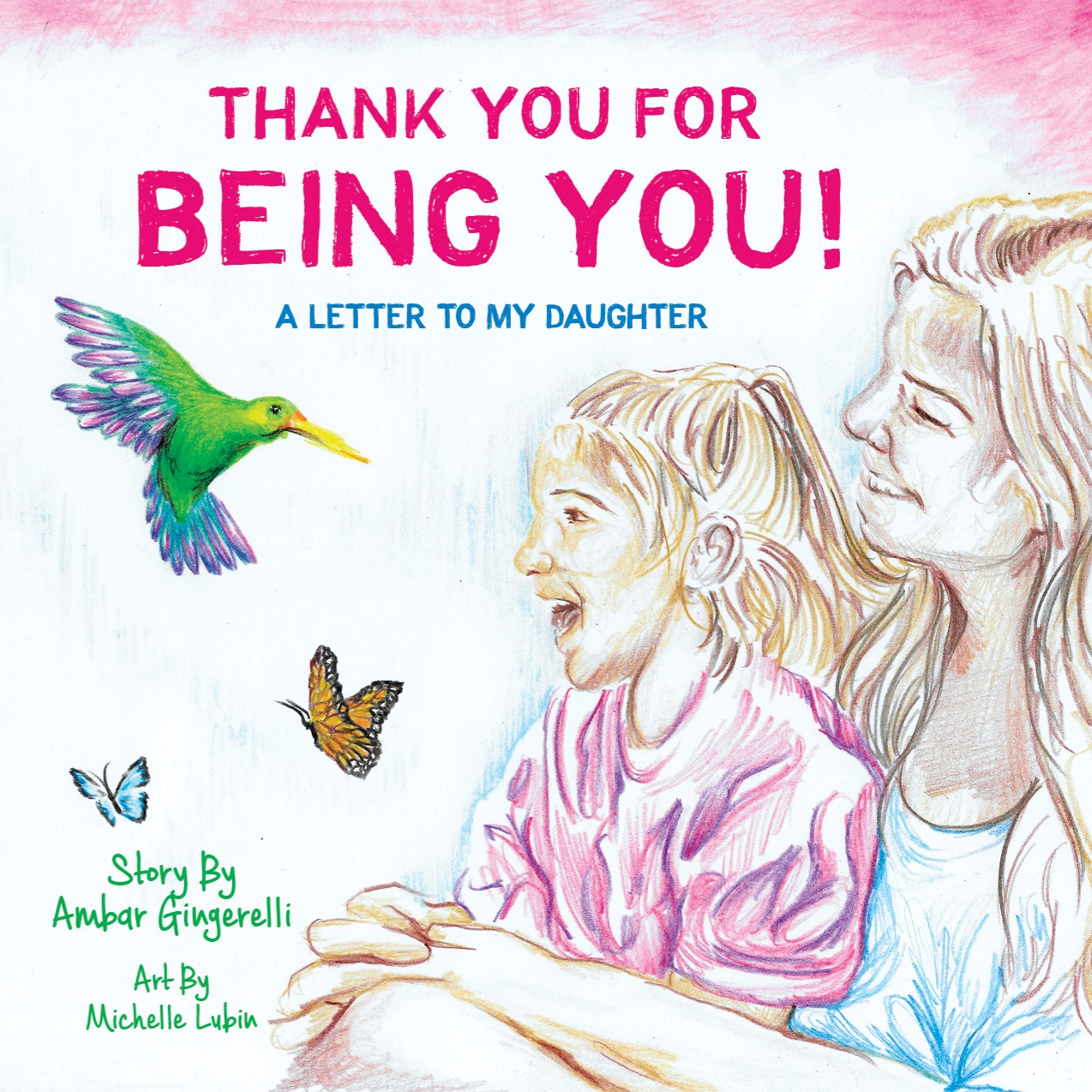
Hi friends,
I am coming to you with the heavier topic of how to process grief today. My community of friends from college was hit hard this week with the tragic and untimely death of one of our own. I know that some of you who follow my blog and read my emails are currently coping with this massive loss. I imagine that others of you in other parts of the world may be dealing with your own experiences of grief. Whether you have experienced grief in the past or you are grieving right now, the truth is that grief is a human emotion that every single one of us will face from time to time. I am writing this for all of us.
I have experienced a lot of loss in my life. I don’t say that so that you feel sorry for me; it’s just the facts. Throughout the years I have lost many people who I loved and cared about. I have learned a lot about grief from going through these experiences, and I want to share this knowledge with you in hopes that it will make your grief process a little more easeful. At the very least, I hope that this will help you see that whatever you are feeling is completely valid, and that you are not alone in this process.
You may have heard about the 5 stages of grief. I will briefly outline them below:
1) Denial – The first stage is often denial. When we face a major loss, oftentimes the first emotion that we feel is denial. We think “But that’s not possible, I just spoke her to yesterday”, or “this can’t be real”. We shut ourselves off from the pain. These thoughts are the natural way in which our minds process the shock.
2) Anger – Anger is often thought to be the second stage of the grief process. After the initial shock wears off, it’s natural for us to feel angry and pissed off. We think about how unfair life can be. We get angry at God. We wonder how we can live in a universe where things such as this happen.
3) Bargaining – The third stage of grief is said to be bargaining. We start to think thoughts along the lines of “Maybe if I had stayed with him last night, this wouldn’t have happened.” or “I should have called her.” or “Why didn’t we get medical attention sooner?” This is part of the grieving process as our minds are trying to make sense of a senseless situation and process what has happened.
4) Depression – The fourth stage is often described as depression. We fall into a deep, dark sadness over the loss that we are experiencing. We cry and mourn. We are slowly coming to terms with our loss and realizing it that it is real and there is no going back.
5) Acceptance – The fifth and final stage of the grief process is acceptance. By this point, we have processed many of our emotions and are starting to come to terms with what has happened and starting to accept this new reality that we find ourselves in.
For anyone that is coping with death or loss of any kind, I have 5 suggestions for how to manage this difficult time as gracefully as possible.
1) Know that these 5 stages are not linear. The 5 stages of grief are often thought to be a linear path where you go from denial to anger to bargaining to depression, and that by the time you get to acceptance, you have completely moved on.
In my eyes, it’s not quite so simple. Grief is such a personal process and you may find yourself returning to one of the earlier stages at any given time. I believe that time lessens grief and makes it easier to cope, however, it is very natural to get to a point where we are living in acceptance most of the time, and then something happens that triggers us to feeling angry or depressed again. This is all part of the process and does not mean that you are doing anything wrong, that you are moving backwards, or that you are not on your way to healing. It simply means that you are on your own individual journey.
2) Don’t judge yourself. A common thing that happens when we are grieving is that we begin to judge ourselves and our feelings. If we find ourselves lingering in the depression stage, we may start to think thoughts like, “But, it’s been 2 years, I should be over this by now.”, or “I wasn’t even that close with them, this shouldn’t be hitting me so hard.” Other times, we judge ourselves by thinking that we are moving on too quickly. We find ourselves laughing and enjoying life, and we instantly feel guilty and think that we should not be feeling anything other than sorrow.
There is no place for judgment in the grief process. Each one of us grieves in our own unique way. There is no set time limit for how long it should take to feel better. There is no hierarchy in the grief process; all feelings are valid. It is completely valid to feel grief for the loss of not only our closest friends and family members, but also acquaintances, old friends who we lost touch with, and even celebrities who we never met personally. Life is about connecting and touching other people’s lives. Grief is a sign that you were emotionally connected to someone; that their life mattered to you; that they made an impact and touched you in some way. Also, it is perfectly natural to be enjoying a happy moment laughing with your family one moment, and then be hit by a wave of sadness over the loss of your good friend in the next. This does not mean that you loved them any less. This is all normal. It is all natural. There is no right or wrong. In life, there are moments of beauty even in the midst of darkness. Try to soak in every light-filled moment you can get, especially when you are grieving.
3) Be with your feelings. I think that many times when we are grieving, we want to skip over the unpleasant feelings. But, by not taking the time to sit with our sadness, anger, or whatever else we may be feeling, we prolong the grief process. Unprocessed emotions have nowhere to go, so they get stuck in our bodies, making us feel worse. Take time to sit with and acknowledge anything you may be feeling.
4) Let your feelings out. After you have acknowledged your feelings, it’s important to get them out so that they don’t wreak havoc on your body. Let your feelings out by talking with someone you trust, doing physical activity, crying into a pillow, or seeing a therapist. The important thing here is to give your feelings a way to leave your body.
5) Don’t grieve alone. When we are faced with the heaviness of loss, many of us have the instinct to isolate ourselves. We want nothing more than to crawl into a cave where we can hide out for awhile and not have to face the world. This is one of the worst things that we can do.
If you get one thing out of this post, let it be this: Don’t grieve alone. Tell people how you feel. Write in a journal. Send an email. Schedule a therapy appointment. Join a support group. Speak with others who understand. Create new rituals to honor those you have lost. Do this all in the company of good people who care about you and your wellbeing.
You are not alone.
Sending love and strength to anyone who is grieving right now.
Be well,
Ambar
Click below to download a free guide with 50 ways to relieve stress and enjoy life’s simple pleasures.


